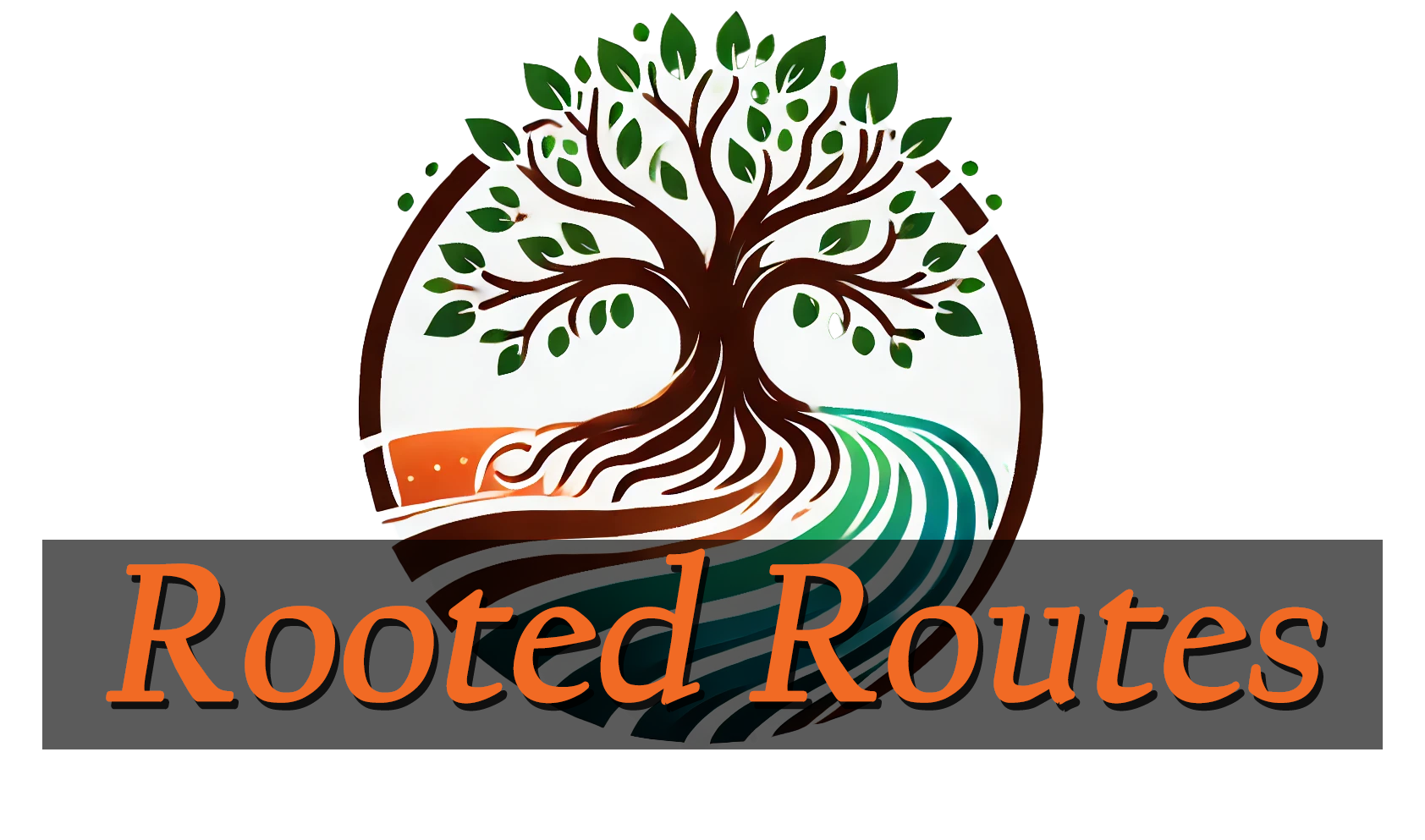It’s a familiar story; a group of people move to a new country, bringing their food, traditions and way of life with them. At first, they settle quietly, but over time, tensions start to rise. Locals say, “They don’t want to fit in.” Immigrants say, “They don’t want us here.” And in the middle of it all? A mix of confusion, frustration, and fear.
This tension isn’t just a theory, It happens in real life. Take France, for example. Some immigrant communities requested Sharia-compliant meals in schools. To them, it wasn’t about disrespecting French culture; it was about staying true to their values. But for many locals, it felt like a step too far. Schools in France have long been neutral spaces and changing that felt like changing something deeply rooted in their identity.
It’s easy to see why both sides feel the way they do. For immigrants, holding onto cultural practices isn’t just important; it’s personal. For locals, seeing their traditions challenged can feel like losing a piece of themselves.
It’s not just about food. Similar stories play out with language, dress codes, and even public holidays. In some places, immigrants feel like they’re being asked to give up too much, while locals feel like they’re being asked to change too much.
Finding Common Ground
I can attest that living in a new country isn’t easy. Immigrants are often told to learn the language, respect the laws, and adapt. And while that’s fair, it’s also fair to expect some understanding and support from the host community.
Take language, for example. In Germany, immigrants are encouraged to learn German, and many do. But even after passing tough exams, some still struggle to find jobs or feel fully accepted. On the other side, locals sometimes get frustrated when they meet immigrants who don’t make an effort to speak the language. It’s a cycle of misunderstanding that doesn’t help anyone.
I’ve seen firsthand how bridging this gap can make a difference. During my time at DW Akademie, I worked with people from all over the world. It wasn’t just about the intensive training or passing exams; it was about building connections. We shared stories, listened to each other, respected each other’s cultures, and found common ground despite our differences. It wasn’t about agreeing on everything; it was about building mutual understanding. That’s something I’ll always carry with me. It reminded me how powerful simple exchanges can be.
This is why initiatives like community language groups have so much potential. In some towns, locals help immigrants practice German, while immigrants share their own culture or language in return. These exchanges aren’t just about learning ‘Die, Der, Das’; they’re about understanding each other on a deeper level. They create the kind of environment where real connections, like the ones I experienced, can grow.
Respect and Boundaries
Cultural traditions are important but so is respecting the norms of the new country. Sometimes, these differences can create tension.
Take religious dress codes, for instance. In some European countries, face-covering veils are banned in public. For some immigrants, this feels like their freedom is being taken away. For locals, it’s about standing up for equality and the values they’ve always known.
The problem is that these debates frequently spiral into polarized shouting matches rather than meaningful conversations. What if schools, community centers, or workplaces created spaces for open dialogue? Spaces where locals and immigrants could share their perspectives without fear of judgment or pressure to be politically correct?
Beyond the noise of online rhetoric and misinformation, such conversations could help break through the filter bubbles that isolate us and echo chambers that reinforce our biases, allowing us to get to the heart of these issues.
No, it wouldn’t solve everything overnight, but it might build a little more understanding and empathy on both sides.
Moving Forward
Living together isn’t easy, and there’s no one-size-fits-all solution. But small steps can make a big difference.
For immigrants, it’s about understanding and respecting the values of the country you’ve moved to while still staying true to who you are. For locals, it’s about seeing immigrants as people, not threats.
At the end of the day, it’s not about who’s right or wrong. It’s about learning to live together and finding ways to build something new without losing what matters most. That takes patience, that takes understanding, and ‘oh my’ a lot of empathy from both sides.
